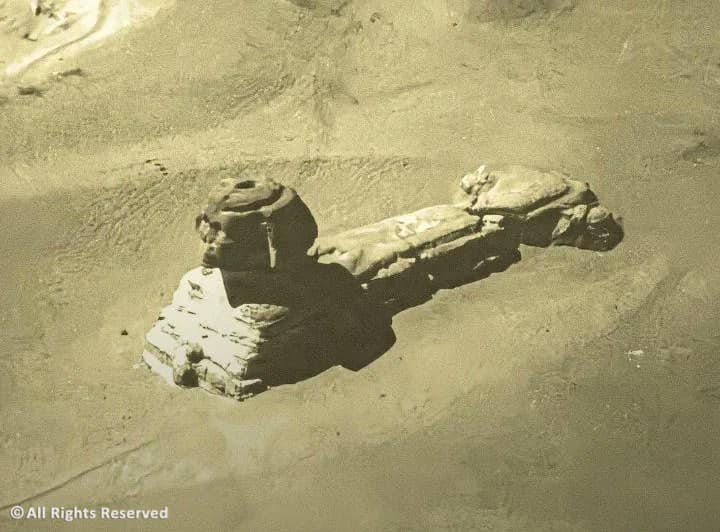this post was submitted on 24 Sep 2024
615 points (99.5% liked)
HistoryPorn
4870 readers
259 users here now
If you would like to become a mod in this community, kindly PM the mod.
Relive the Past in Jaw-Dropping Detail!
HistoryPorn is for photographs (or, if it can be found, film) of the past, recent or distant! Give us a little snapshot of history!
Rules
- Be respectful and inclusive.
- No harassment, hate speech, or trolling.
- Engage in constructive discussions.
- Share relevant content.
- Follow guidelines and moderators' instructions.
- Use appropriate language and tone.
- Report violations.
- Foster a continuous learning environment.
- No genocide or atrocity denialism.
Pictures of old artifacts and museum pieces should go to History Artifacts
Illustrations and paintings should go to History Drawings
Related Communities:
founded 1 year ago
MODERATORS
you are viewing a single comment's thread
view the rest of the comments
view the rest of the comments

As the article is lacking some information, here is a translstion of a part of the German Wikipedia article:
TLDR: As the Great Sphinx still has had its nose around 1200 A.D. and was already noseless in 1738, its nose must have been destroyed in the meantime, supposedly by some furious sheikh in 1378.
Imagine being so furious and pathetic to destroy the nose of a statue 3+ thousand years old.
Indeed. However, somehow one can understand his furor, without condoning the destruction, as the people were worshipping the Sphinx as a god.
As well, similar things still happen even today:
In 2001, we could see in TV as the Taliban were destroying the Buddha statues in Bamiyan, which were about 1500 years old or in 2015, as the barbarians of Daesh were demolishing the ruins in Palmyra, a remainders of a city almost 2000 years old. These rages happened despite nobody was actually worshipping the statues, just because they did exist.